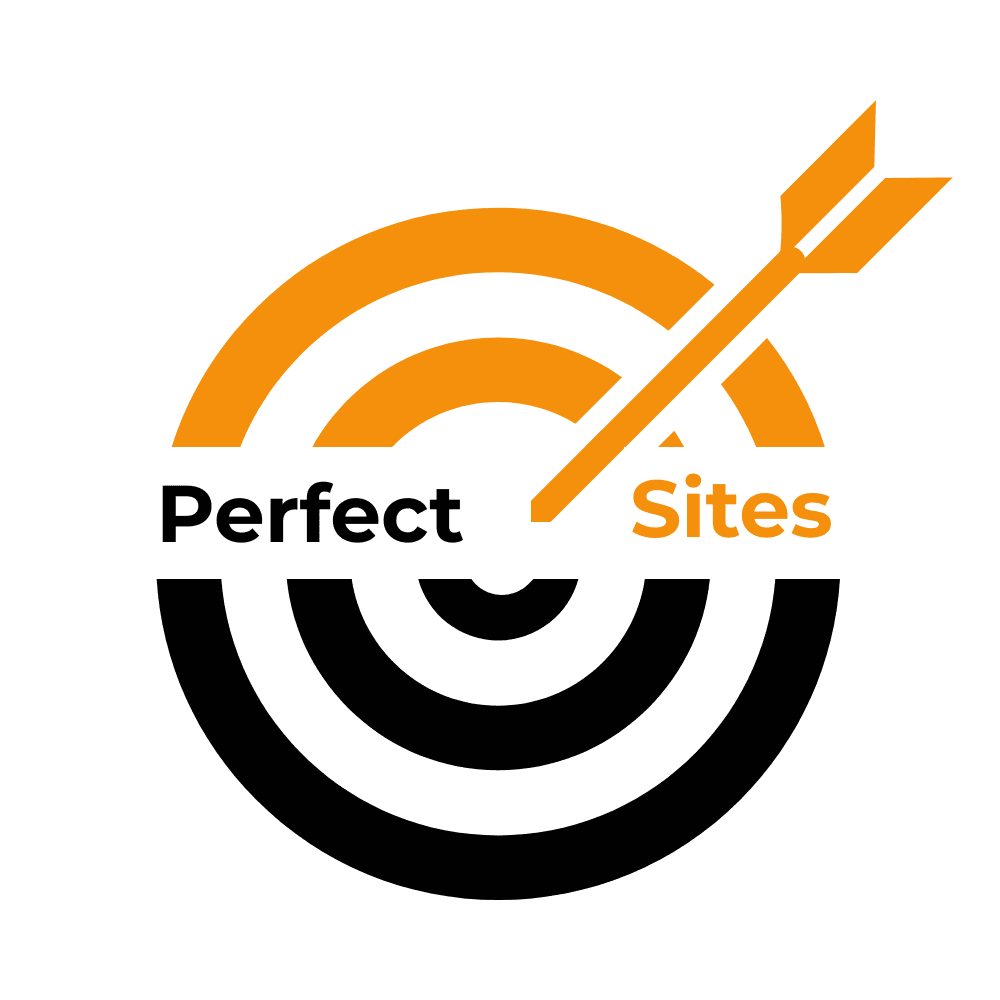Let’s get something out of the way: “local” doesn’t mean what it used to. It’s no longer just about Main Street storefronts or sandwich boards outside cafes. These days, local can mean a remote-first agency in Boise ranking for searches in Brooklyn. It can mean a freelance copywriter in Tucson showing up in Google Maps when someone types “content strategist near me.” Wild, right? But also, kind of brilliant.
So if you think local listings are only for places with an open sign and a front counter, you’re leaving a lot on the table.
Search engines love structure, and local listings are full of it.
Google, Bing, Apple Maps; they all rely on structured data to figure out who you are, what you do, and where you do it. That’s where local listings come in. Even if you don’t have a physical office, claiming your Google Business Profile (GBP) helps you show up in local results for queries like “SEO consultant in Atlanta” or “web designer near me.” Yes, even if you live nowhere near Atlanta.
Google’s local algorithm doesn’t just look at proximity. It looks at relevance and prominence too. So if your listing is clean, consistent, and filled out properly; think accurate NAP (Name, Address, Phone), service areas, categories, and reviews; you can outrank a competitor who has a physical office but hasn’t touched their listing since 2017.
No storefront? No problem. Service areas to the
rescue.
Here’s where it gets interesting. Google and other directories let you define a service area instead of listing a physical address. That’s a game-changer for consultants, agencies, and freelancers who work remotely or travel to clients. You can tell Google, “I serve clients in Dallas, Austin, and San Antonio,” without ever setting foot in a WeWork.
And people are looking. According to BrightLocal’s 2023 Local Consumer Review Survey, 87% of consumers used Google to evaluate local businesses last year, including those that don’t require in-person visits. That means people are Googling remote services like yours and making decisions based on what they see in your listing.
Trust isn’t built on a handshake anymore.
In the absence of a physical office, your online presence is the handshake. Local listings act as digital proof that you’re legit. Platforms like Google, Yelp, Bing Places, and Apple Maps show reviews, ratings, photos, and business details that help people decide whether you’re worth their time.
You’re not just collecting reviews. You’re building authority.
Moz’s 2022 study found that review signals; how many you have, how recent they are, and how diverse the sources; make up more than 16% of what helps you rank in local results. So if you’re collecting and responding to reviews, you’re climbing the ranks.
Voice search and mobile queries are fueled by local data.
You know those moments when someone shouts across the room, “Hey Siri, find a marketing agency near me”? That’s voice search pulling from local listings. If your listings aren’t properly set up, you’re invisible in those moments; even if your services are entirely online.
And mobile searches with local intent—things like “open now” or “near me”—have exploded in the last few years. Google Trends shows a 500% increase. That’s not a blip. That’s a shift in how people discover businesses. If your listing isn’t there when they search, someone else’s will be.
Local citations still matter, and they’re not just for plumbers.
Local SEO isn’t just about your website. It’s about where your business appears across the web. These mentions, called citations, help search engines confirm that your business exists and is trustworthy. Think Yelp, YellowPages, and niche directories for your industry. Even without a storefront, these citations can boost your domain authority and help you rank higher.
Whitespark’s 2023 Local Search Ranking Factors puts citation consistency in the top 10 for both local pack and organic rankings. So if your business name, address, and phone number are mismatched across platforms, it’s like giving Google mixed signals. And Google doesn’t like mixed signals.
Most of your competitors are asleep at the wheel.
Here’s the kicker. Most online-only businesses assume local listings don’t apply to them. Which means they’re not showing up in local searches. That’s your opportunity. If you take the time to set up and optimize your listings, you can dominate niche local results that your competitors aren’t even thinking about.
For example, a remote UX designer targeting “UX design in Denver” can rank locally by setting a Denver service area, collecting reviews from Denver clients, and publishing location-specific content. No office lease required.
So, what should you actually do?
You don’t need a 57-point checklist. Just focus on the stuff that moves the needle:
- Claim and verify your Google Business Profile, even if you work from your kitchen table.
- Set service areas instead of listing a physical address.
- Keep your NAP data consistent across every platform.
- Ask for reviews, and respond to them like a real human.
- Show up in the directories your industry cares about.
- Use location-specific keywords where it makes sense.
Local presence isn’t about geography anymore. It’s about showing up where people are searching. And local listings are one of the easiest ways to do that, whether you have a storefront or not.
That’s one more tool in the belt.
We’ll be back soon with more you can use.
Until then, keep building.
– Perfect Sites Blog
